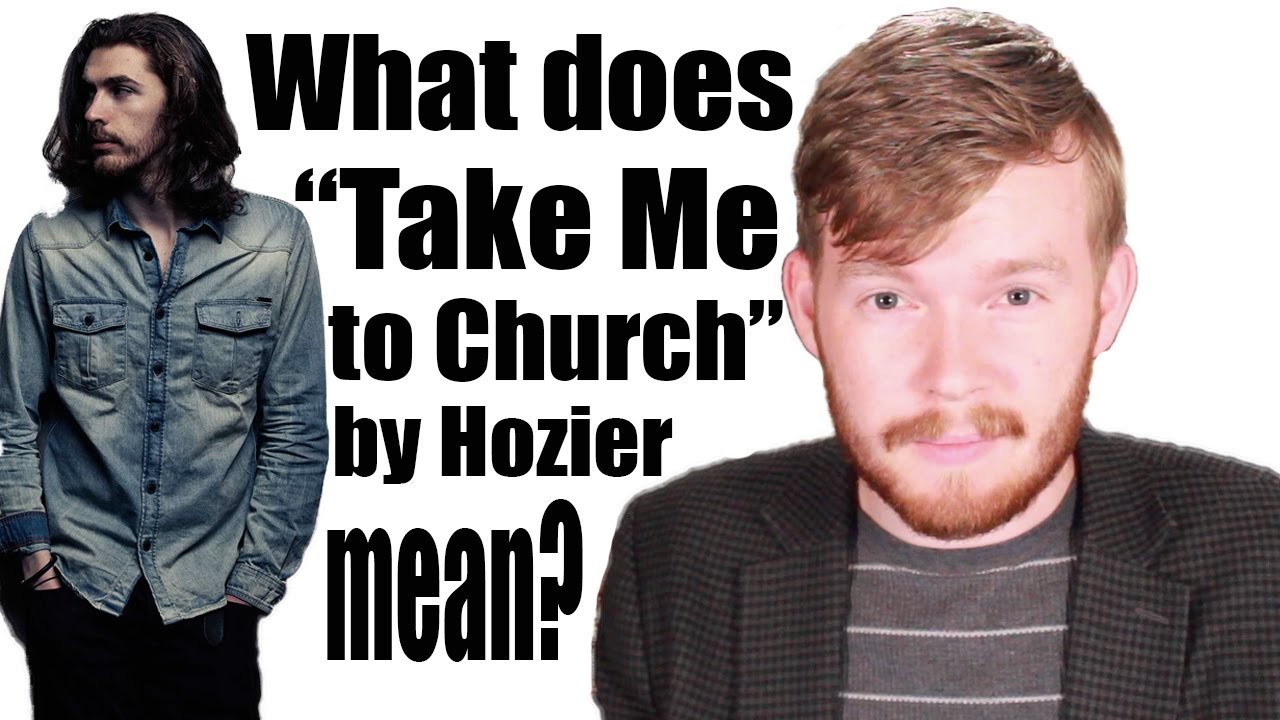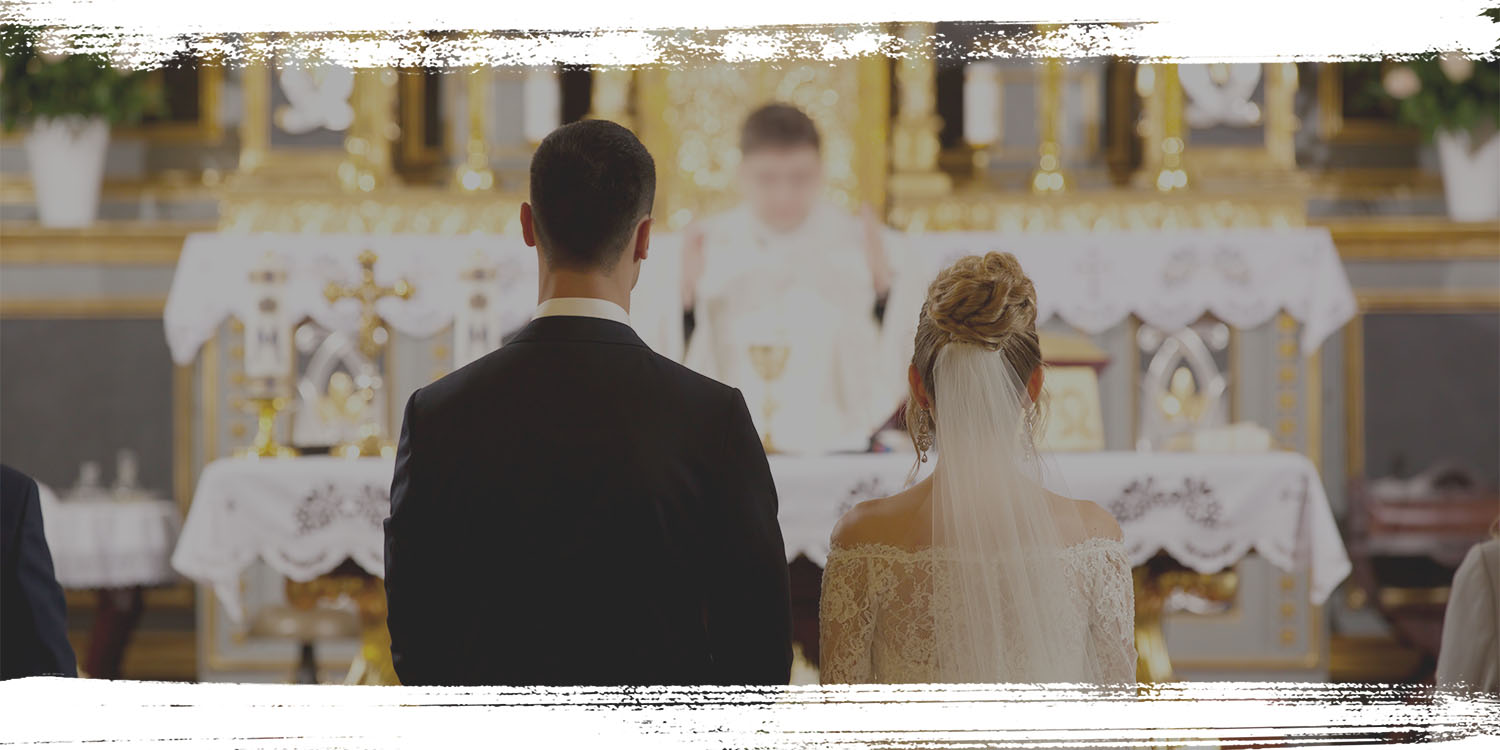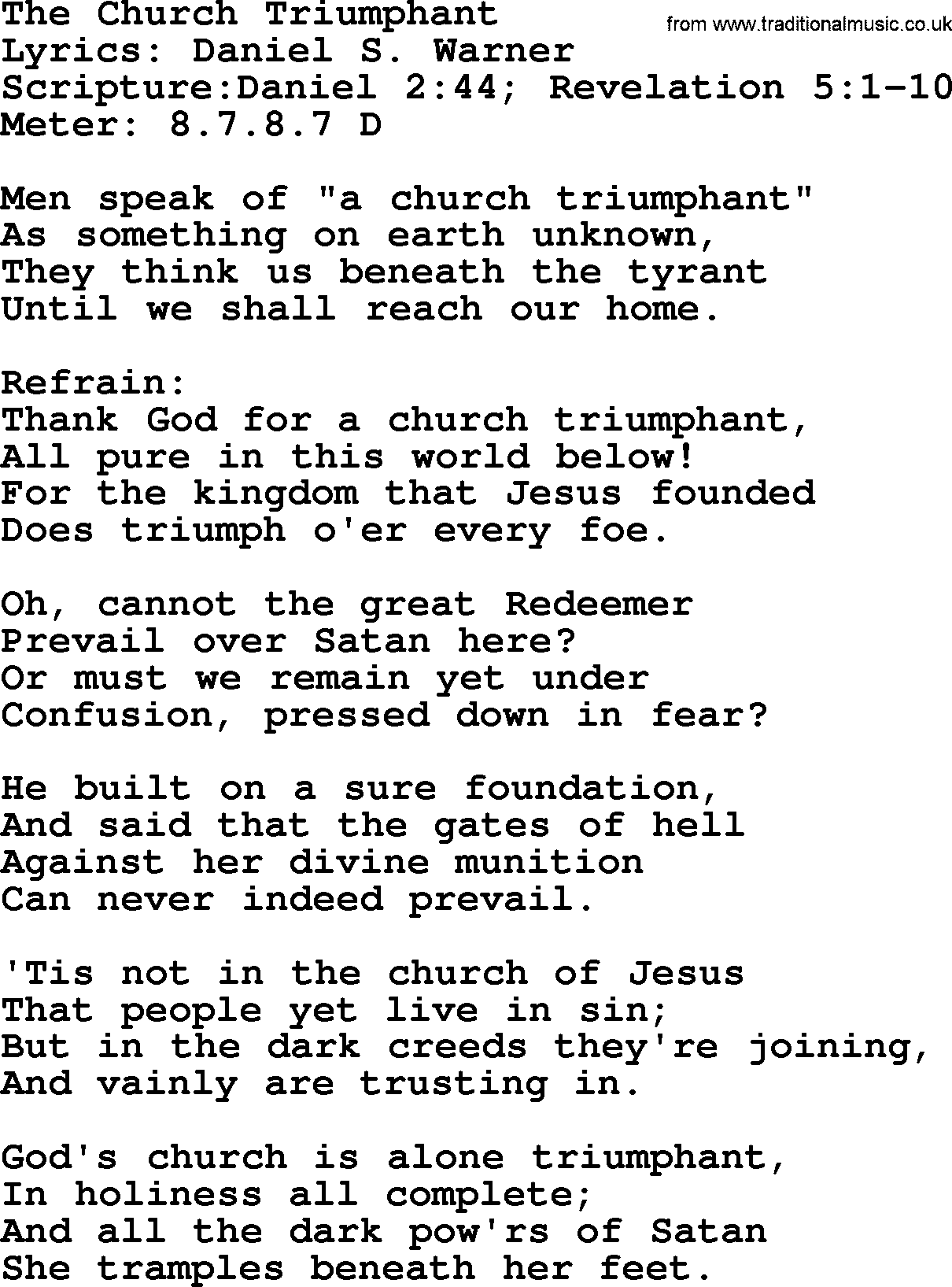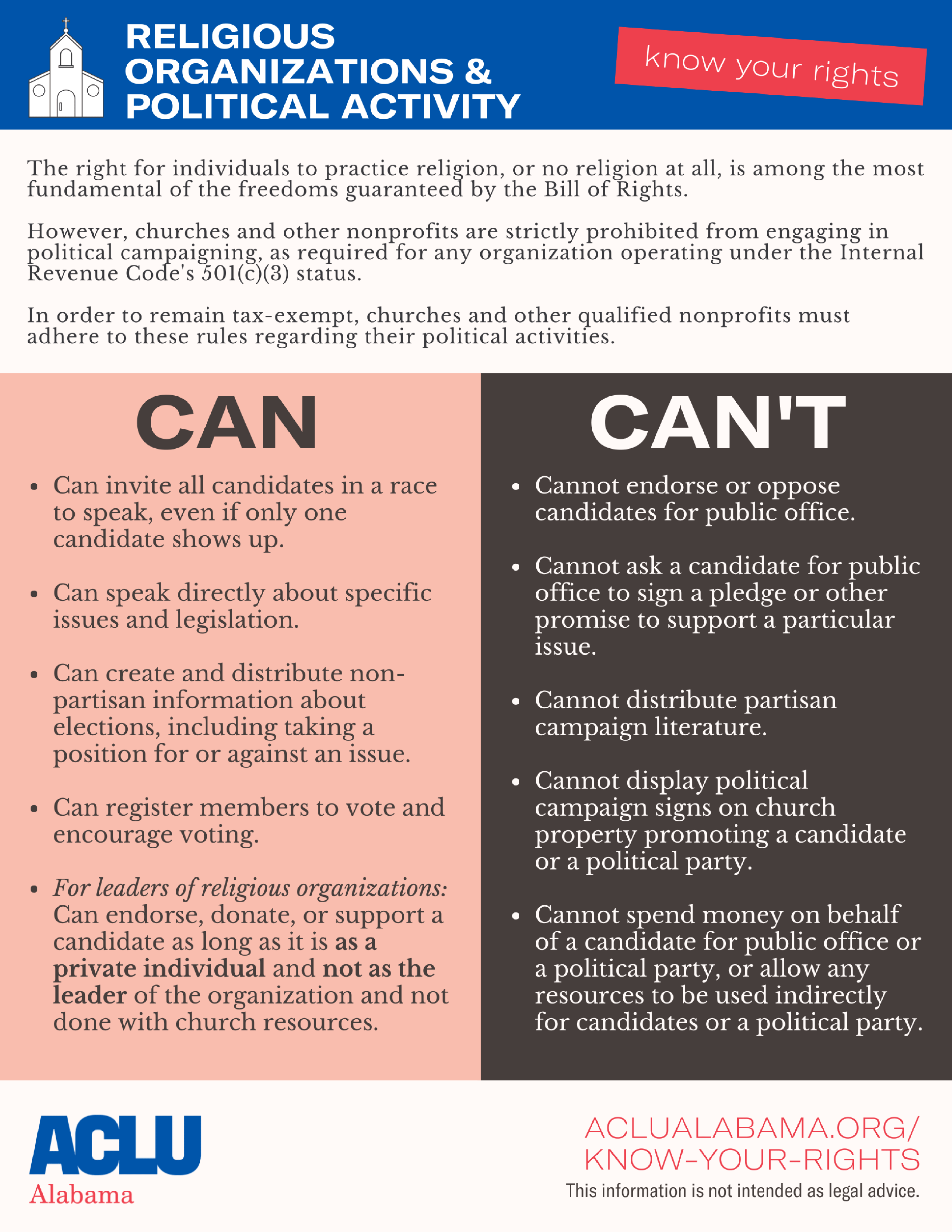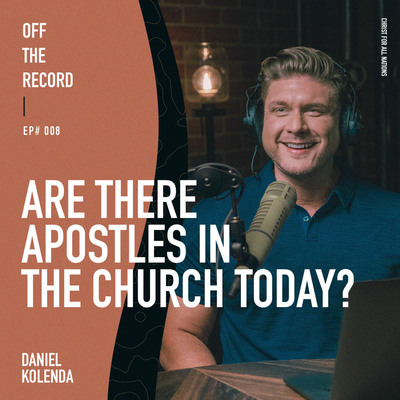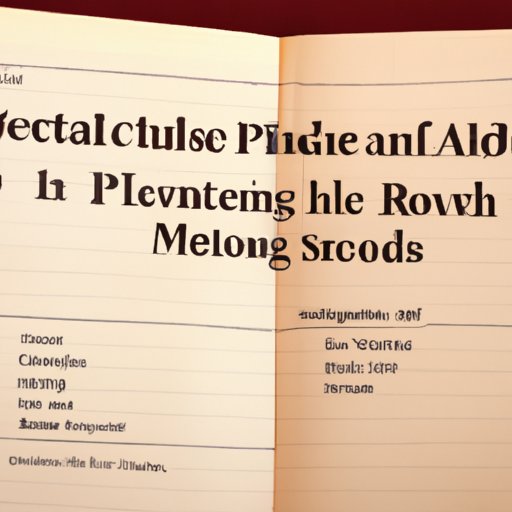What is Take Me to Church About? Hozier’s Take Me to Church is a powerful and provocative song that has become a modern classic. Released in 2013, the song has been a global hit, reaching the top of the charts in many countries and earning critical acclaim for its passionate lyrics, haunting melody, and raw emotion. But what is “Take Me to Church” about, exactly? In this article, we’ll explore the meaning behind the lyrics, the inspiration behind the song, and the impact it has had on music and culture.
The Lyrics Of Take Me to Church
Before we can understand what Take Me to Church is about, we need to examine the lyrics. Here’s the first verse:
“My lover’s got humor She’s the giggle at a funeral Knows everybody’s disapproval I should’ve worshiped sooner”
Right away, we can tell that the song is about a romantic relationship. The narrator’s lover is described as having a sense of humor, but also being aware of the disapproval they face from others. The narrator regrets not having worshiped their lover sooner, which suggests that the relationship may have been forbidden or frowned upon in some way.
The chorus is where the song’s title comes from:
“Take me to church I’ll worship like a dog at the shrine of your lies I’ll tell you my sins and you can sharpen your knife Offer me that deathless death Good God, let me give you my life”
The chorus is full of religious imagery, with the narrator asking their lover to take them to church and promising to worship like a dog. The “shrine of your lies” suggests that the lover may not be entirely truthful, but the narrator is still willing to confess their sins and offer themselves up for sacrifice. The phrase “deathless death” is particularly intriguing, as it suggests a kind of spiritual transcendence or rebirth.
The second verse continues the religious theme:
“If I’m a pagan of the good times My lover’s the sunlight To keep the goddess on my side She demands a sacrifice”
Here, the narrator identifies themselves as a “pagan of the good times,” which suggests that they are someone who enjoys life’s pleasures but doesn’t necessarily adhere to a particular religious doctrine. Their lover is compared to sunlight, which is both life-giving and worshiped in some cultures. However, the lover also demands a sacrifice, which could be interpreted as a metaphorical or literal demand for loyalty or devotion.
The final chorus repeats the earlier lyrics, but with even more intensity:
“Take me to church I’ll worship like a dog at the shrine of your lies I’ll tell you my sins and you can sharpen your knife Offer me that deathless death Good God, let me give you my life”
The repetition and escalating passion of the final chorus suggest that the narrator is willing to do whatever it takes to be with their lover, even if it means sacrificing their own life.
The Inspiration Of Take Me to Church
So, what inspired Hozier to write such a powerful and provocative song? In interviews, he has cited a variety of influences, including his Irish Catholic upbringing, his love of blues and soul music, and his interest in social justice issues. Specifically, he has said that Take Me to Church was inspired by the anti-LGBTQ laws and attitudes in Russia, where homosexuality was (and still is) widely condemned and even criminalized.
Hozier has also explained that the song is about the dangers of religious and social dogma, and the way that love can transcend those boundaries. In an interview with The Irish Times, he said, “The song is about asserting yourself and reclaiming your humanity through an act of love.
The Impact Of Take Me to Church
Take Me to Church was an instant hit when it was released in 2013, and it has continued to resonate with audiences around the world. The song’s message of love and acceptance, in the face of religious and social oppression, has struck a chord with many listeners, particularly those who identify as LGBTQ or who have experienced discrimination.
In addition to its musical success, Take Me to Church has also had a significant impact on popular culture. The song’s music video, which features two men in a relationship and explores themes of homophobia and violence, has been praised for its powerful imagery and its message of tolerance and acceptance.
The song has also been covered by many other artists, including Ellie Goulding, Ed Sheeran, and Kelly Clarkson, and has been featured in numerous movies, TV shows, and commercials. Its popularity has helped to raise awareness of LGBTQ rights and has sparked important conversations about the role of religion and social norms in society.
Interpretations and Analysis Of Take Me to Church
While Take Me to Church is clearly about love, acceptance, and the dangers of dogma, there are many different interpretations of the song’s lyrics and meaning. Some have suggested that the song is about the power of music or art to transcend social barriers, while others see it as a commentary on the political and social climate of our time.
One of the most common interpretations of the song is that it is a critique of organized religion, and the way that it can be used to oppress and control individuals. The lyrics “I’ll tell you my sins and you can sharpen your knife” have been interpreted as a reference to the Catholic Church’s practice of confession, while the phrase “good God” could be seen as an ironic commentary on the hypocrisy of religious institutions.
Another interpretation of the song is that it is a plea for acceptance and tolerance in a world that can be hostile to those who are different. The chorus, with its repeated refrain of “Take me to church,” can be seen as a plea for safety and refuge, while the lyrics “If the heavens ever did speak / She’s the last true mouthpiece / Every Sunday’s getting more bleak / A fresh poison each week” suggest a disillusionment with the way that organized religion can be used to spread hate and intolerance.
The Musical Style
Take Me to Church is a fusion of several musical genres, including indie rock, soul, and gospel. The song features a distinctive driving rhythm, layered harmonies, and a powerful vocal performance by Hozier. The instrumentation includes drums, bass guitar, electric guitar, and piano, with subtle electronic elements that add texture and depth to the sound.
The song’s instrumentation is relatively simple, but it is highly effective in creating a sense of urgency and emotional intensity. The driving rhythm, combined with Hozier’s soaring vocals and the layered harmonies, creates a feeling of uplift and empowerment that is central to the song’s message.
The Lyrics
The lyrics of Take Me to Church are highly poetic and metaphorical, and they touch on a wide range of themes, including love, religion, and social justice. The song’s opening lines, “My lover’s got humor / She’s the giggle at a funeral,” are a powerful example of Hozier’s ability to use vivid and unexpected imagery to convey complex emotions.
The lyrics of Take Me to Church are also highly political, and they explore the themes of oppression and resistance. The lyrics “I was born sick, but I love it / Command me to be well” suggest a rejection of the idea that individuals can be “cured” of their identities, while the phrase “We were born sick, you know it” is a powerful indictment of the social and cultural systems that perpetuate oppression and discrimination.
The Music Video Of Take Me to Church
The music video for Take Me to Church is a powerful and moving visual representation of the song’s themes. The video features two men in a relationship, who are shown being bullied and beaten by a group of homophobic men. The video’s imagery is graphic and disturbing, but it is also highly effective in conveying the message of the song.
The video has been praised for its powerful imagery and its message of tolerance and acceptance. It has also been criticized by some groups, who argue that it is inappropriate or offensive. Despite these criticisms, the video has been widely viewed and has played an important role in raising awareness of LGBTQ rights and the dangers of homophobia.
SEE ALSO:
How To Become A Deacon In The Catholic Church
Conclusion ;What is Take Me to Church About?
In conclusion, Take Me to Church is a powerful and provocative song that has had a significant impact on music and culture since its release in 2013. The song’s message of love, acceptance, and the dangers of dogma has resonated with listeners around the world, and its popularity has helped to raise awareness of LGBTQ rights and spark important conversations about the role of religion and social norms in society. While there are many different interpretations of the song’s lyrics and meaning, one thing is clear: “Take Me to Church” is a modern classic that will continue to inspire and provoke for years to come.
